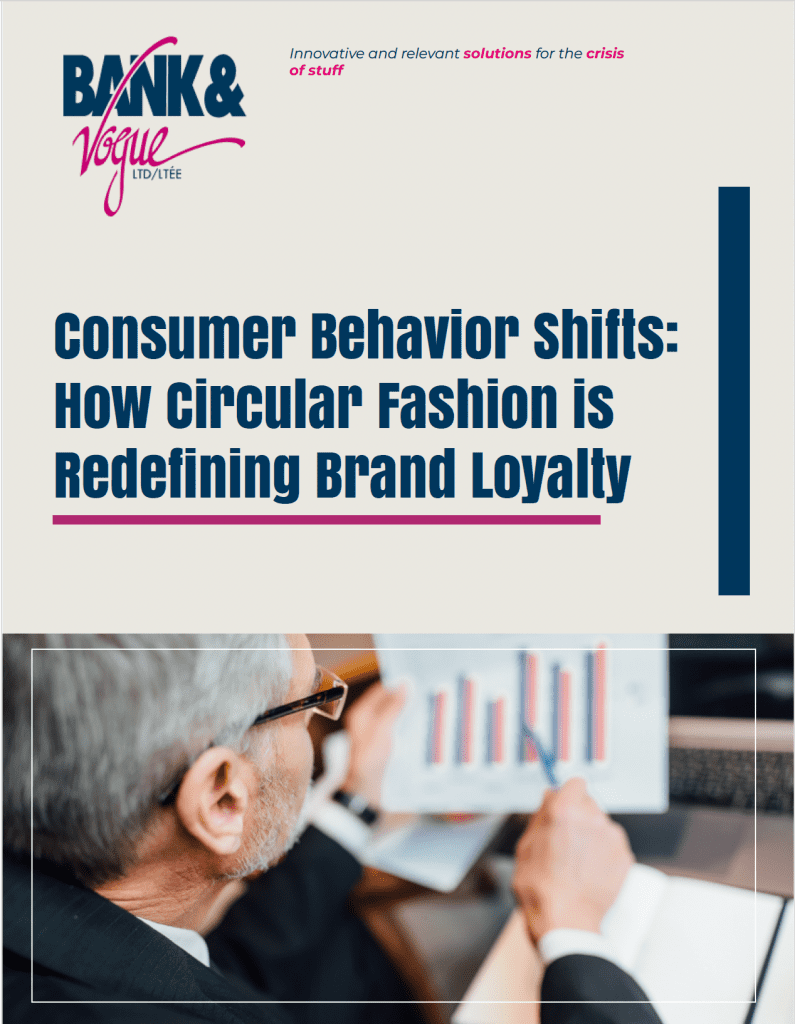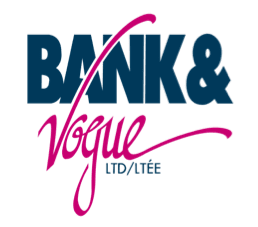As environmental awareness grows, consumers are becoming more selective about the brands they support. The shift toward sustainability is redefining brand loyalty, particularly within the fashion industry. This white paper explores the rising trend of eco-conscious consumers choosing sustainable, secondhand, and upcycled fashion, reshaping traditional concepts of loyalty in 2024-2025. By analyzing evolving consumer expectations and examining how businesses can leverage circular economy principles, we offer insights into effective strategies for brands to attract and retain customers in this new landscape.
Introduction
The fashion industry is undergoing a paradigm shift. Historically, brand loyalty was tied to quality, exclusivity, or price. However, a new loyalty metric has emerged—sustainability. This white paper analyzes how sustainability, secondhand clothing, and upcycled products are reshaping brand loyalty by aligning with the values of a growing segment of eco-conscious consumers.
Consumer Behavior Shifts: The Rise of the Eco-Conscious Shopper
- Values-Driven Purchasing: According to recent studies, over 60% of global consumers are willing to pay more for sustainable products, with Gen Z and Millennials leading this charge.
- Preference for Circularity: Circular fashion models, which include resale, rental, and upcycling, are seen as responsible alternatives to traditional fast fashion. These models resonate strongly with eco-conscious consumers who prioritize brands that reduce waste and promote longevity.
- Transparency and Accountability: Consumers are increasingly demanding transparency in the supply chain. Brands that openly share their practices, from sourcing to disposal, foster trust and loyalty among conscious consumers.
Redefining Brand Loyalty in Circular Fashion
- From Repeat Purchases to Shared Values: Loyalty is evolving from transactional repeat purchases to value alignment. Consumers are more likely to support brands whose sustainability values mirror their own.
- Preference for Circular Brands: Brands like Patagonia, Levi’s, and The RealReal have incorporated resale and upcycling into their business models, and their success highlights a growing demand for circular alternatives.
- Personalization and Storytelling: Eco-conscious consumers appreciate brands that offer unique, personalized experiences, especially when these experiences involve upcycled or limited-edition items. This personal touch helps consumers feel part of a larger sustainability movement.
Key Consumer Expectations in 2025
- Higher Standards for Sustainability: Consumers now expect clear, quantifiable commitments from brands to reduce carbon emissions, waste, and resource consumption.
- Focus on Quality Over Quantity: With the shift toward conscious consumption, consumers are prioritizing quality and durability. Brands that produce high-quality, upcycled products can strengthen their loyalty among these consumers.
- Collaborative Programs: Eco-conscious shoppers are increasingly drawn to brands that offer repair, resale, or recycling programs, helping them prolong the life of their garments.
How Brands Can Leverage Circular Economy Principles to Attract and Retain Customers
- Incorporate Resale, Rental, and Repair Models: Offering consumers the opportunity to rent, resell, or repair products can enhance brand loyalty by meeting eco-conscious expectations.
- Invest in Upcycling and Sustainable Collections: By investing in upcycling processes, brands can appeal to consumers looking for unique and sustainable products.
- Transparent Communication and Education: Effective storytelling around the impact of circular fashion reinforces brand loyalty. Brands can use educational content to show how their products contribute to sustainability, creating an informed and loyal consumer base.
Implications for the Fashion Industry in 2024-2025
- Growth in Secondhand Market: The secondhand market is projected to grow, making it essential for brands to integrate circular practices or risk losing eco-conscious consumers.
- Shift from Ownership to Access: The popularity of rental and resale models suggests that consumers are increasingly open to accessing rather than owning products, challenging brands to rethink their offerings.
- Customer-Centric Circular Design: Brands that design products with circularity in mind will likely see greater loyalty from eco-conscious customers.
Conclusion: Bank & Vogue’s Role in Sustainable Brand Loyalty
As a leader in the circular economy, Bank & Vogue helps brands meet eco-conscious consumer expectations through high-quality secondhand and upcycled products, transparent practices, and innovative partnerships. By aligning with Bank & Vogue, brands can offer unique, sustainable collections that resonate with today’s environmentally aware shoppers, ultimately fostering loyalty and strengthening their position in a rapidly evolving fashion landscape.








